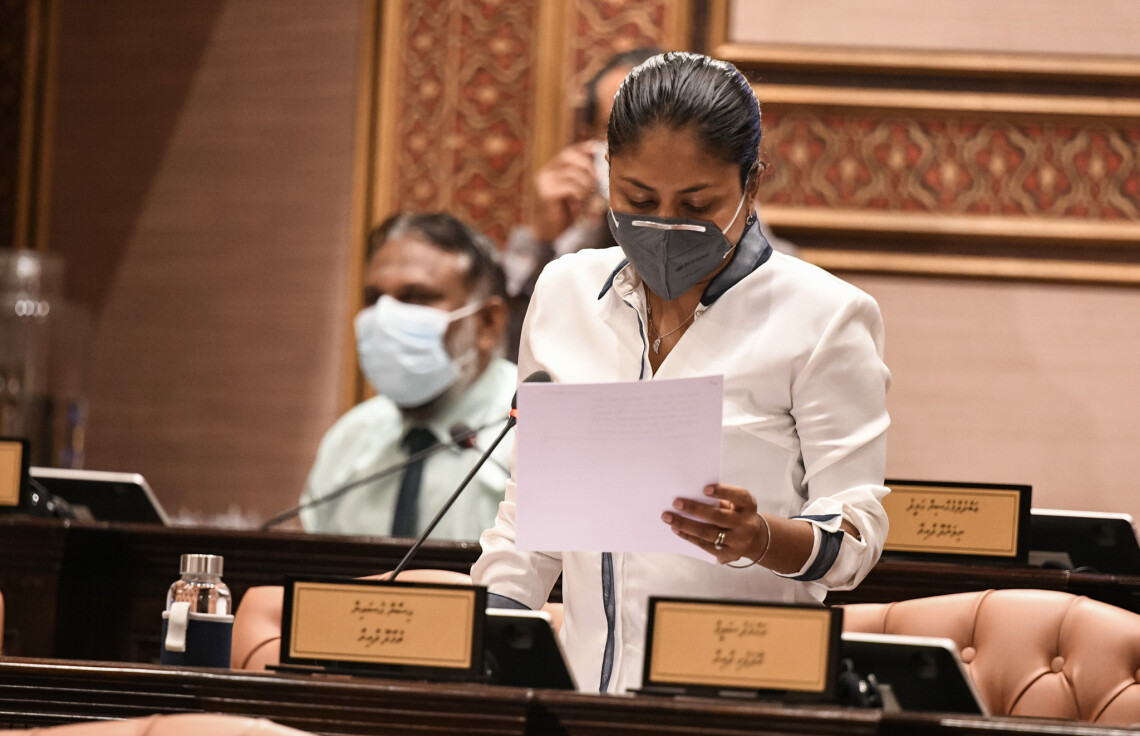

It does, however, say something about consent, or rather, the lack of it. The FBI definition says nothing about the relationship between the victim and the perpetrator and it says nothing about force. When carefully examined, the FBI definition does not look like most people’s idea of rape – typically perpetrated by a stranger through force. In 2012, the FBI issued a revised definition of rape as “penetration, no matter how slight, of the vagina or anus with any body part or object, or oral penetration by a sex organ of another person, without the consent of the victim.” The revised law is gender neutral, meaning that anyone can be a victim.

Sexual abuse of a child is a criminal act. Sexual abuse can include many different things, from touching a victim in a sexual manner to forcing a victim to touch the perpetrator in a sexual way to making a victim look at sexual body parts or watch sexual activity. In the United States, the age at which consent can be given ranges from 16 to 18 years. Sexual abuse is mainly used to describe behavior toward children, not adults.Īll 50 states have laws that recognize that children are not capable of giving informed consent to any sex act.
#Sexual act s trial
The term that has been in the news most recently with reference to sports doctor Larry Nassar’s trial is sexual abuse, a form of mistreating children. Then, we can look at how these behaviors sometimes overlap. Let’s start by defining each of these terms. We are three scholars who have specialized in the scientific study of sexual abuse, rape, sexual assault and sexual harassment over several decades. The Conversation UK receives funding from these organisations University of Arizona provides funding as a member of The Conversation US. University of Michigan and Georgia State University provide funding as founding partners of The Conversation US. She is a Fellow of the American Psychological Association. Department of Justice and the Centers for Disease Control and Prevention.

She is a fellow of the American Psychological Association and the Society for Industrial and Organizational Psychology. Cortina has received funding from the National Institutes of Health and the Social Sciences and Humanities Research Council of Canada. She is a memberof the American Psychological Association and the Association for Psychological Science. Shriver National Institute of Child Health and Human Development and the Centers for Disease Control. Cook has received funding from the National Institute of Justice, the National Institute of Mental Health, the Eunice K. Regents' Professor of Public Health, University of Arizona Professor of Psychology, Women's Studies, and Management & Organizations, University of Michigan Professor of Psychology & Associate Dean, Georgia State University


 0 kommentar(er)
0 kommentar(er)
